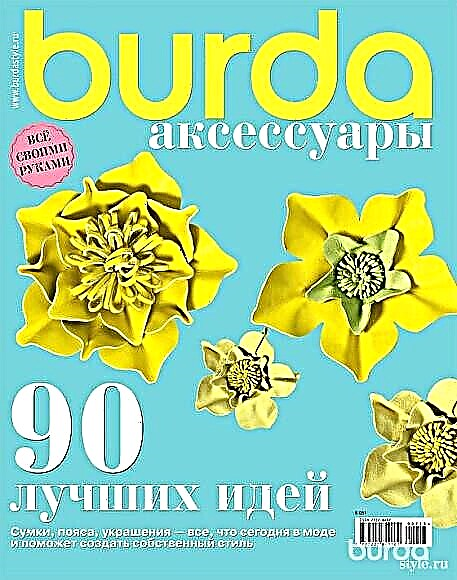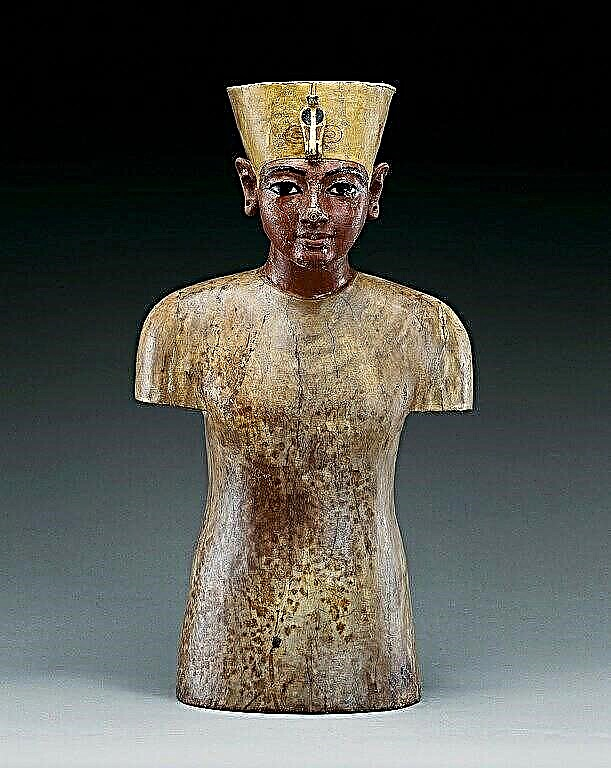These seams can not only process the edges of the plaid, but also decorate it.
You will need:
- threads;
- needle for embroidery;
- scissors.
All options in the selection are based on one of the most common manual seams, looped. It is executed according to this scheme:

Here are five options for using this seam when processing plaid edges:
1. "Festoons"

To make the picture more even, the pattern can be marked on the material before work.
Do-it-yourself blankets: 6 simple workshops
2. Buttonhole stitch + forward needle stitch

First we process the edge with a buttonhole stitch, then we connect the vertical stitches through one with horizontal, “needle forward” stitch.
Plaid with fur pom-poms: master class
3. Uneven buttonhole

If the stitches of the buttonhole seam are combined, for example, 2 or 3, a rhythmic pattern is obtained.
4. Inverted buttonhole with hem


The edge to be machined must first be tucked and ironed, and then a buttonhole seam must be made, as shown in the photo. From the inside, the stitches should grab the tucked edge:

5. Double loop stitch with hem

A complicated version of the previous method: the edge is additionally decorated and strengthened by a second mirror-reflected hinge seam. The stitches are staggered.
Photo and source: blog.colettehq.com



